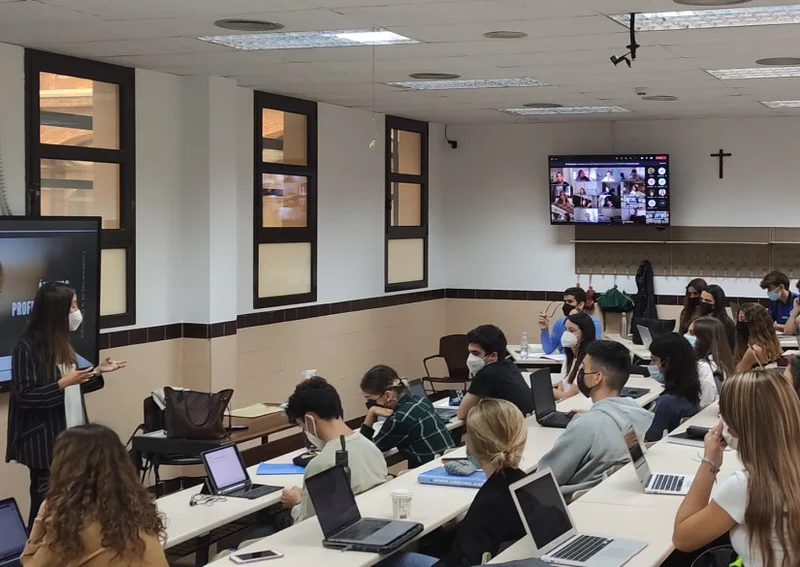Let’s talk about moments that change everything.
Sometimes they’re loud—a rocket launch, a market crash. But more often, they’re quiet. They’re the stroke of a pen on a piece of paper, a single line of code compiling correctly, or, in this case, a regulatory filing that lands with all the fanfare of a memo. When the news broke that American Battery Technology Company (ABAT) had cleared its final environmental baseline studies for the Tonopah Flats project, the market reacted with a 47% stock surge (ABAT Stock Surges After Tonopah Flats Lithium Project Clears NEPA Milestone). But that’s not the real story. When I saw the announcement, I honestly just sat back in my chair, speechless. Because this wasn't just another win for another company. This was the sound of a starting gun.
For years, we’ve talked about American energy independence as a far-off dream. We’ve lamented our reliance on foreign nations, particularly China, for the critical minerals that will power our future. We’ve watched brilliant American companies get bogged down in a decade-long quagmire of permitting and protests. It felt like we were trying to build a skyscraper with toothpicks and glue.
The news from Tonopah Flats changes the entire equation. This isn't just about one mine. This is the first tangible, large-scale proof of concept for a new American reality—one where we can actually build the future we keep talking about.
To understand the magnitude of this, you have to understand the beast that is NEPA. That’s the National Environmental Policy Act—in simpler terms, it's the massive, labyrinthine environmental rulebook that can keep critical infrastructure projects tangled in red tape for the better part of a decade. It’s well-intentioned, but in practice, it has often been the place where American ambition goes to die. ABAT completing 21 baseline studies across two years isn't just checking a box; it's like successfully navigating an asteroid field that has shredded countless ships before it.
And what lies on the other side of that field is staggering. The Tonopah Flats project sits on one of the largest known lithium claystone deposits in the United States, a resource estimated to hold over 21 million tons of lithium hydroxide. This isn't just a mine; it's a strategic national reserve. To me, this feels like the modern-day equivalent of the first successful oil wells drilled in Pennsylvania. That single event didn’t just create an oil company; it laid the foundation that fueled the entire Industrial Revolution. This milestone at Tonopah Flats has that same kind of foundational energy, but for the clean energy transition.

What makes this different is the combination of technology and policy. ABAT isn’t using old-school, brute-force mining. They’ve developed a proprietary extraction process designed for efficiency and lower environmental impact. Couple that with the U.S. government designating this a “Covered Priority Project,” and you have a perfect storm of innovation meeting intention. This isn't just about one company getting lucky; it's a signal that the system itself is beginning to change, adapting to the urgency of our times. The fact that this project could now be on a 24-month permitting track instead of a six-year one is almost unbelievable—it means the gap between today and tomorrow, between dependency and sovereignty, is closing faster than we can even comprehend.
Are we finally waking up to the reality that you can’t build a 21st-century energy grid with 20th-century bureaucracy?
Of course, the moment a truly disruptive idea shows signs of life, the chorus of skepticism begins. I’ve seen the reports. A while back, the Department of Energy terminated a separate grant for one of ABAT’s processing facilities (American Battery Tech tumbles after DoE nixes grant for lithium hydroxide project (ABAT:NASDAQ)). Analysts, looking at past financials, slap a “Neutral” rating on the stock, pointing to cash flow issues. And from a traditional, backward-looking perspective, they’re not wrong. But they are missing the entire point.
Looking at old balance sheets to predict the impact of a paradigm shift is like trying to gauge the potential of the internet by looking at the sales of fax machines in 1995. It’s a category error. The terminated grant? To me, that signals focus. Why get bogged down chasing a smaller government check when you’re on the verge of unlocking a multi-billion dollar resource that could redefine an entire industry? It shows a company that understands the scale of the prize it’s chasing.
This is where we, as investors, as technologists, as citizens, have to make a choice. Do we listen to the algorithms trained on the past, or do we bet on the engineers and scientists actively building the future? What happens when a nation finally decides to stop asking for permission to lead?
However, with this newfound speed and power comes an immense responsibility. This new, expedited path for critical projects can't become a lazy shortcut for genuine environmental and social stewardship. The goal isn't just to mine lithium; it's to prove that we can build these essential supply chains in a way that is smarter, cleaner, and more equitable than the models we’re trying to replace. If we get this right, Tonopah Flats won’t just be a mine; it will be a template.
For so long, the dream of a self-sufficient American clean energy supply chain felt abstract, a collection of white papers and political speeches. What ABAT just accomplished in the Nevada desert makes it real. It provides a tangible, repeatable blueprint for turning geological assets into strategic dominance. This isn't just about one stock or one mineral. It’s about the quiet, powerful beginning of America remembering how to build big things again. And that’s a future I am incredibly excited to watch unfold.